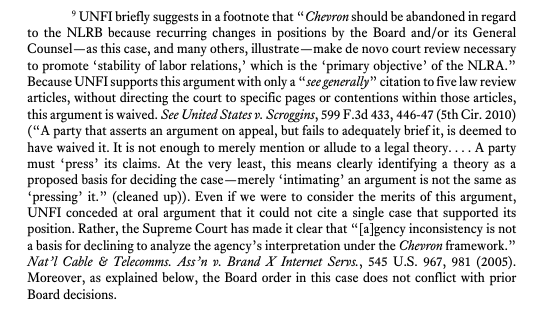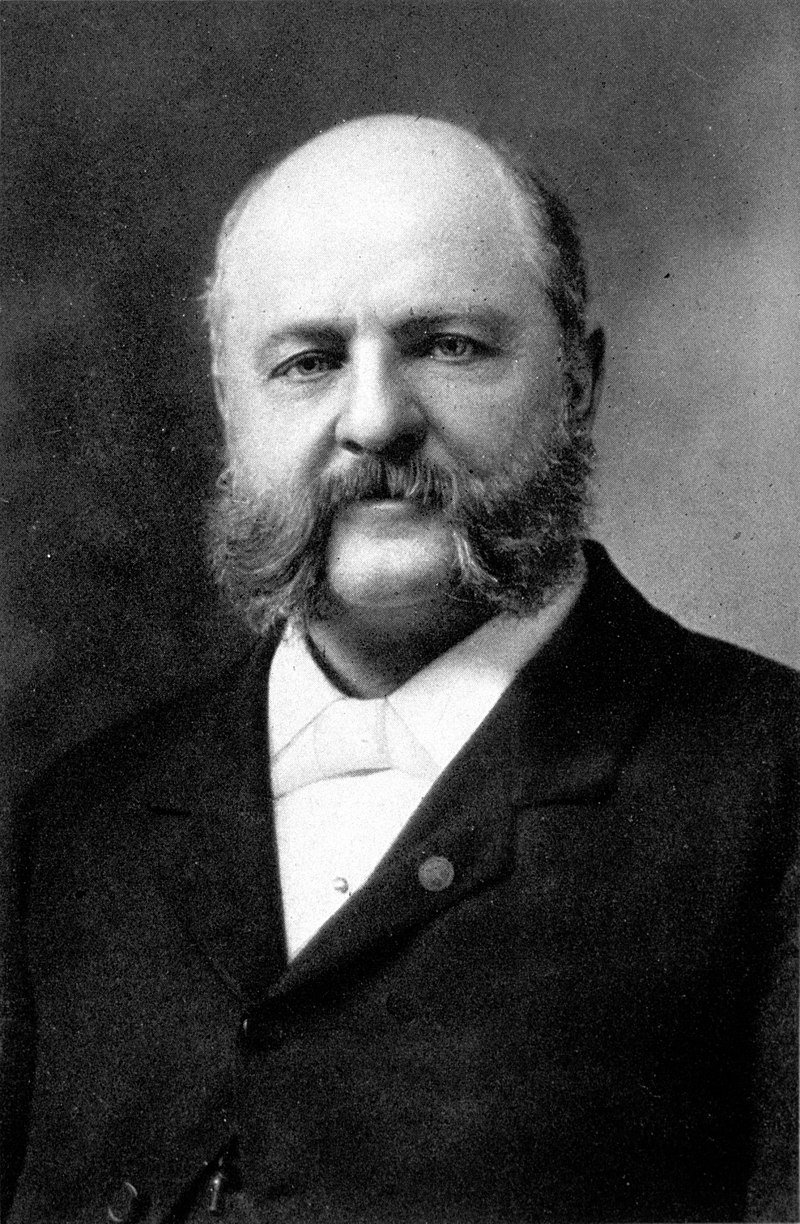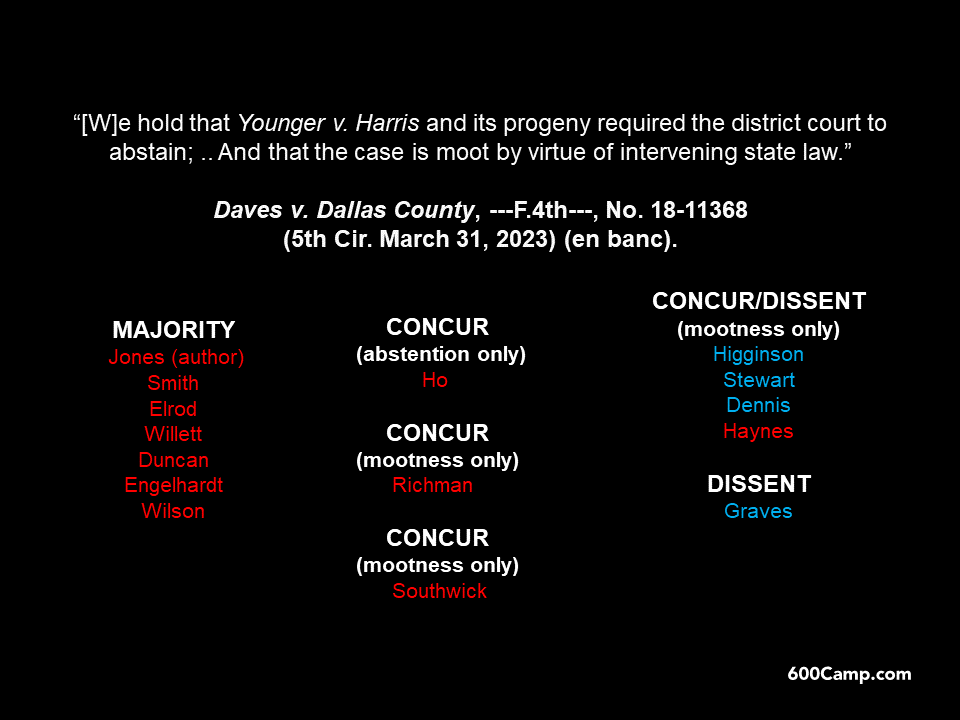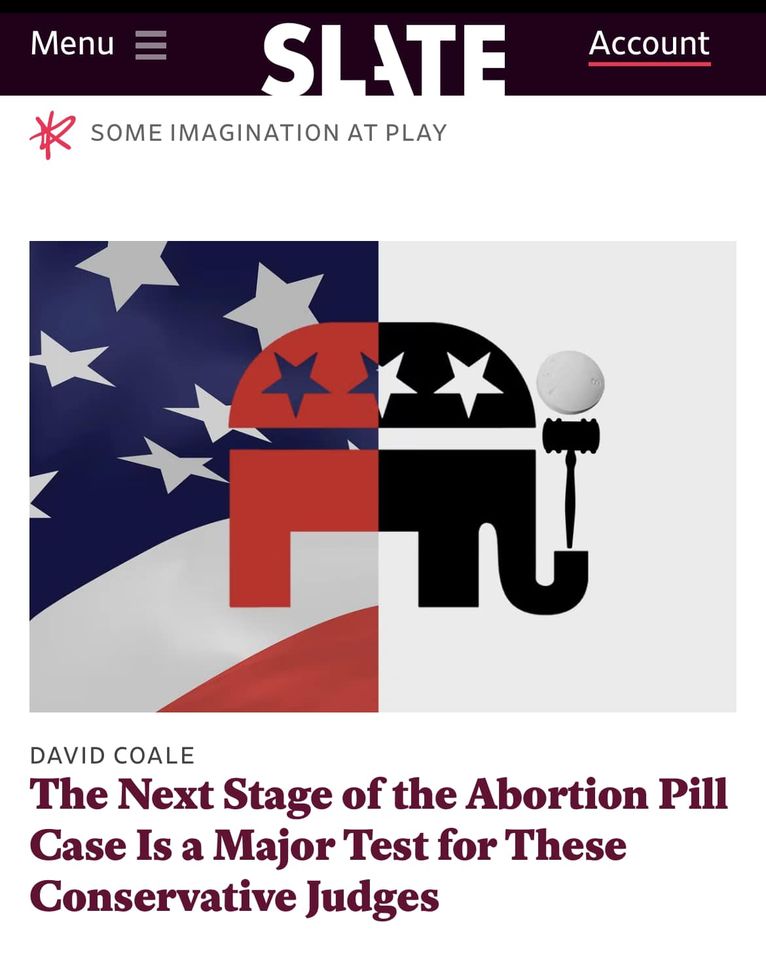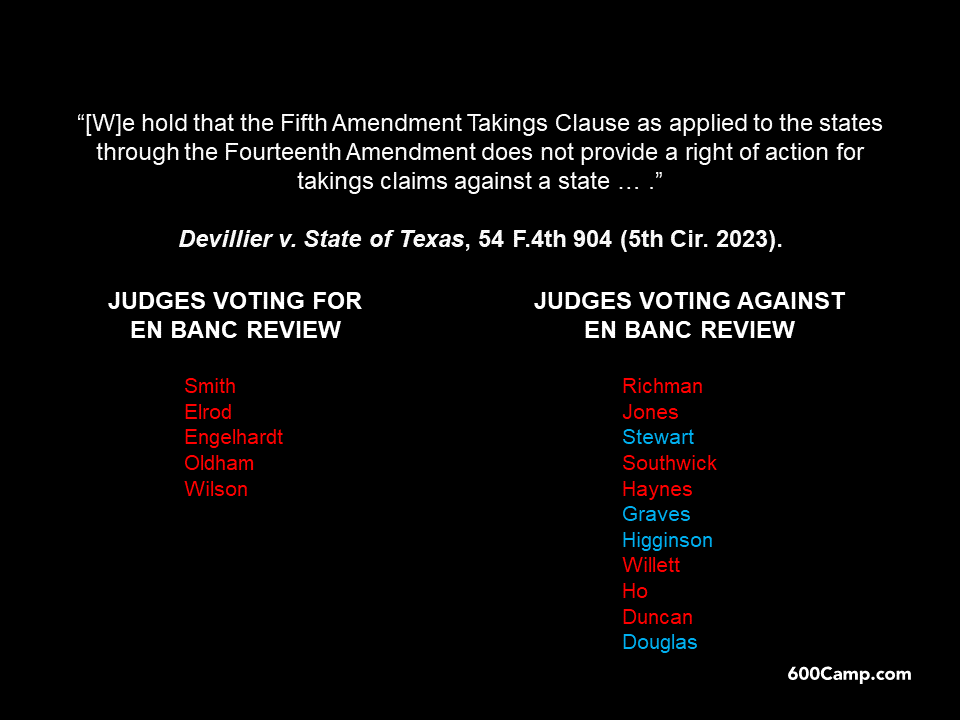 Ganpat v. Eastern Pacific Shipping PTE presented a clash between international antisuit injunctions, and produced diametrically opposed opinions about those proceedings and the appropriate judicial response to them.
Ganpat v. Eastern Pacific Shipping PTE presented a clash between international antisuit injunctions, and produced diametrically opposed opinions about those proceedings and the appropriate judicial response to them.
Majority and dissent agreed on this much:
- Ganpat, an Indian citizen who served on a ship managed by Eastern Pacific, sued in New Orleans about a nasty case of malaria that he caught while serving.
- Eastern Pacific then sued Ganpat in India, won an anti-suit injunction against the American case, and aggressively enforced that order against Ganpat, ultimately getting him jailed in India.
- These events prompted the New Orleans federal court to issue an anti-suit injunction against Eastern Pacific proceeding further with the Indian case.
But from there, the opinions–both, considerably detailed–went in opposite directions in almost every way. The majority affirmed the injunction, calling the Indian proceedings “bizarre” and saying that Eastern Pacific “evaded service,” while the dissent saw “the district court’s rulings as an attempt to compel domestic jurisdiction over a suit with highly tenuous domestic connections.”
The substantial divide between the opinions aptly frames the first sentence in the dissent’s footnote, referring to the Fifth Circuit having “take[n] a more permissive approach to foreign antisuit injunctions than many of our sister circuits: “This approach is probably wrong and should be reconsidered at an appropriate time.” No. 22-30168 (April 28, 2023) (Judge Ho (writing) and Wilson in the majority, Judge Jones dissenting).
